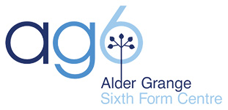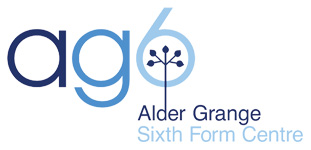
Course Content
Component 1: Microeconomics
Component 01 introduces students to the main microeconomic concepts, the economic agents, the basic economic problem and the role of markets, including business objectives, market structures and the labour market.
Component 2: Macroeconomics
Component 02 focuses on the main macroeconomic concepts such as aggregate demand and supply, policy objectives, how they are being implemented including policy conflicts and government failure as well as the importance of international trade, the impact of globalisation and the role of the financial sector.
It covers:
- What is meant by computational thinking
- Problem solving and programming – how computers and programs can be used to solve problems
- Algorithms and how they can be used to describe and solve problems.
Component 3: Themes in economics
The qualification also encourages students to apply the concepts and techniques which they have learned throughout the course to a range of ‘real world’ issues and of current and historical contexts. In particular, Themes in economics draws together both microeconomic and macroeconomic concepts in relation to a specific unseen theme.
| Component | Assessment | Duration | Weighting |
|---|---|---|---|
| 1: Microeconomics | Written paper | 2 hours | 33.3% |
| 2: Macroeconomics | Written paper | 2 hours | 33.3% |
| 3: Themes in economics | Written paper | 2 hours | 33.3% |
Key Info
- Start Date: September 2024
- Awarding Body: OCR
- Study Mode: Full Time
- Course Length: 2 Years
Entry Requirements
TBC
Complementary Subjects
- Maths
- Further Maths
- Physics
- Business Studies
- ICT
- Social Sciences
Career Opportunities
An A-Level in Economics can lead to a number of opportunities, including a similar course at University. Please note that some universities stipulate A-level Mathematics as a subject requirement for a degree in Economics. Economics can lead to a number of careers such as:
- Accounting
- Banking and Finance
- Business Management
- Economist
- Journalism
- Politics

